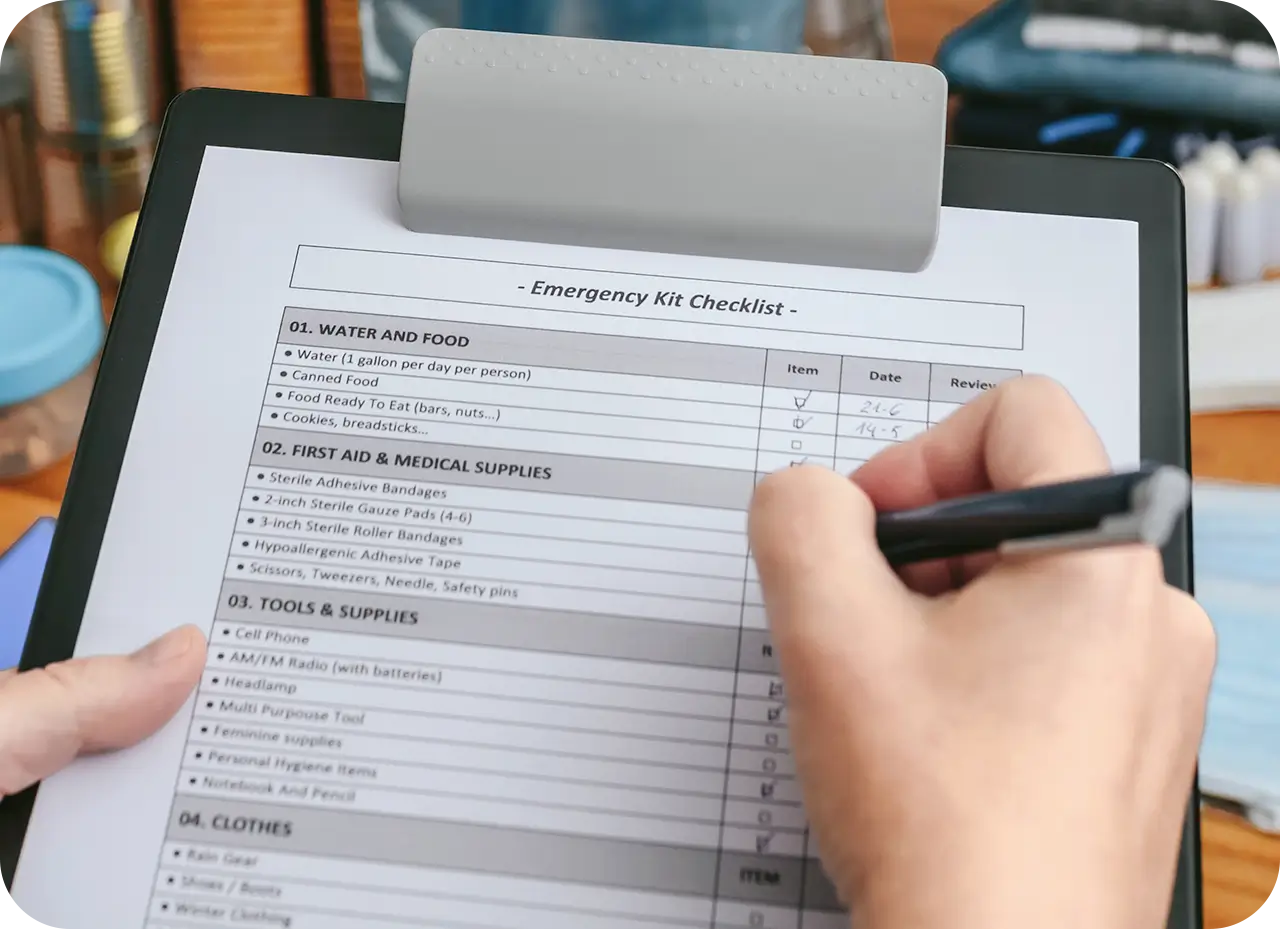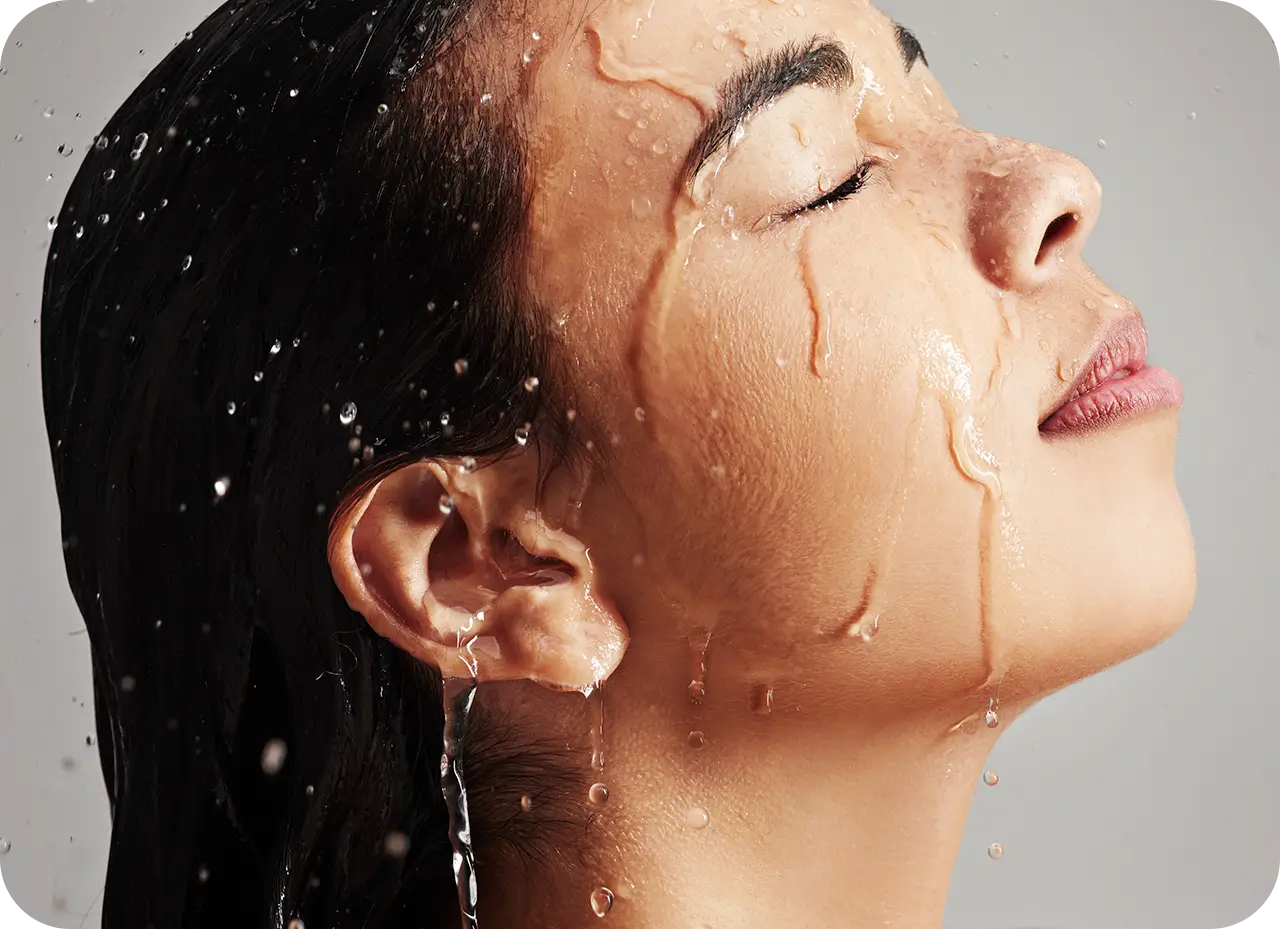Keeping up with personal hygiene is simpler than it seems, and it can really boost your overall health. Small daily habits like brushing your teeth, taking a shower, and washing your hands help prevent illness and keep you feeling fresh. If you’re a busy professional, a parent, or someone just starting to get into a solid routine, adding a few basic hygiene habits to your day can make a big difference.
In this guide, we’ll walk you through 10 personal hygiene habits you should follow every day. Stick to this checklist, and you’ll notice improvements in both your health and how you feel!
Why Daily Personal Hygiene Habits Matter
Daily hygiene habits are essential for preventing illness and infections. Simple routines like washing your hands, brushing your teeth, and showering regularly help eliminate harmful bacteria and keep your body clean. By sticking to these habits, you reduce the risk of skin conditions, bad odors, and diseases.
Aside from health benefits, maintaining good hygiene also boosts your confidence and overall well-being. It’s not just about looking good—it’s about feeling good too.
The Top 10 Personal Hygiene Habits: Your Daily Hygiene Checklist
1. Brush and Floss Your Teeth
Brushing your teeth twice a day is the foundation of good oral hygiene. Make sure to brush your teeth for at least two minutes, focusing on all surfaces—front, back, and chewing areas. Use a fluoride toothpaste to help prevent cavities and gum disease.
Flossing once a day is just as important. It removes food particles and plaque between your teeth that your toothbrush can’t reach. Regular flossing helps prevent gum inflammation, cavities, and bad breath.
Taking care of your teeth daily not only ensures a fresh mouth but also protects your overall health. Poor oral hygiene can lead to more serious problems like tooth decay and even heart disease. Don’t skip this essential part of your routine!
2. Clean Your Ears Safely
Your ears produce earwax, which is a natural defense mechanism, but when too much builds up, it can cause blockages, discomfort, or even hearing issues. Cleaning your ears regularly helps avoid these problems, but it’s essential to do it the right way.
Avoid using cotton swabs or inserting anything into the ear canal. Pushing objects into your ears can cause injury, push wax deeper, or even damage the eardrum. Instead, focus on cleaning the outer ear with a soft cloth.
For a safer and more precise way to clean your ears, consider using an ear camera like Bebird’s ear wax cleaning tools. With Bebird, you can easily view the inside of your ear canal and gently remove excess wax without the risk of damaging the ear or pushing wax deeper. This tool helps you clean your ears effectively while keeping them healthy.
3. Shower Regularly
Showering is a quick way to feel fresh and clean, but how often you shower can depend on the weather and what you’re doing. In hot weather or after sweating, it's a good idea to shower every day to wash off the sweat and dirt.
In colder months, though, daily showers might not be necessary. Hot water can dry out your skin, so you might want to shower every other day instead, or use lukewarm water to keep your skin from getting too dry. Just make sure to moisturize after if you're feeling dry!
4. Wash Your Hands Often
Washing your hands is one of the easiest and most effective ways to stay healthy. Every time you touch something dirty—whether it’s after using the bathroom, handling food, or touching public surfaces—your hands pick up germs. Washing them with soap and water helps get rid of those germs and keeps you from getting sick.
Try to wash your hands thoroughly for at least 20 seconds, scrubbing between your fingers and under your nails. If soap and water aren’t available, a hand sanitizer with at least 60% alcohol can do the trick, but nothing beats a good wash.
Making this a regular habit is one of the best ways to protect yourself and others from illness.
5. Trim Your Nails
Keeping your nails trimmed and clean is an easy way to maintain good hygiene. Long or dirty nails can trap dirt, bacteria, and germs, which can lead to infections or spread illness. Plus, keeping your nails short helps avoid accidental scratches or snags.
Aim to trim your nails regularly—usually every 1–2 weeks, depending on how fast they grow. Use a nail clipper or nail scissors for a clean cut, and remember to file the edges to avoid sharp spots.
Don’t forget to clean under your nails while you're at it. It's a simple habit that goes a long way in keeping your hands fresh and preventing any unwanted issues.
6. Use Mouthwash
Using mouthwash is a quick and easy way to boost your oral hygiene routine. It helps kill bacteria, freshens your breath, and reaches areas in your mouth that brushing might miss. Mouthwash also helps reduce plaque and can even aid in preventing gum disease.
Use mouthwash after brushing your teeth to give your mouth an extra clean feeling. Swish it around for about 30 seconds to a minute, making sure it reaches all areas of your mouth. Just remember, mouthwash shouldn’t replace brushing or flossing, but it’s a great addition to keep your mouth feeling fresh throughout the day.
If you’re prone to bad breath or want to maintain healthier gums, make mouthwash a regular part of your routine.
7. Wear Clean Clothes
Wearing clean clothes isn’t just about looking good; it’s also an important part of staying fresh and hygienic. Dirty clothes can trap sweat, dirt, and bacteria, which can lead to unpleasant odors or skin issues. Regularly changing into clean clothes helps you feel more comfortable and keeps your skin healthy.
Make sure to change clothes, especially underwear and socks, every day. If you’ve been sweating or working out, it’s even more important to put on fresh clothes afterward to avoid any build-up of bacteria.
And don’t forget to wash your clothes regularly! Keeping your clothes clean and fresh helps maintain your overall hygiene and boosts your confidence.
8. Maintain Healthy Hair and Scalp
A clean, healthy scalp can prevent issues like dandruff, irritation, and even hair loss. Regular washing helps remove oils, dirt, and product buildup, leaving your hair feeling fresh and looking great.
How often you wash your hair depends on your hair type and lifestyle. If you have oily hair, you might need to wash it more frequently, while drier hair types can go a few days between washes. Use a gentle shampoo that suits your hair type, and don’t forget to condition to keep it hydrated and soft.
Also, make sure to brush your hair regularly to prevent tangles and stimulate circulation on your scalp. Healthy hair starts with a healthy scalp, so taking care of both is essential for your overall hygiene.
9. Keep Your Skin Moisturized
Dry skin can lead to irritation, flakiness, and even cracking, which can make you more prone to infections. Regularly applying a good moisturizer helps lock in hydration and protects your skin from harsh weather and environmental stressors.
For daily moisture, use a lotion or cream that suits your skin type—whether it's light for oily skin or rich for dry skin. Pay attention to areas like your elbows, knees, and hands, which tend to get drier. Don’t forget your face! A gentle facial moisturizer can keep your skin looking fresh and hydrated throughout the day.
After a shower is the best time to moisturize, as your skin will absorb it better when it's still damp. Keeping your skin moisturized helps prevent dryness and maintains its overall health.
10. Stay Hydrated
Staying hydrated helps keep your skin looking fresh, your digestion on track, and your body functioning properly. When you're well-hydrated, you’ll feel more energetic, have better focus, and even experience fewer headaches.
Aim to drink at least 8 cups of water a day, but if you’re active or it’s hot outside, you might need more. Carry a water bottle with you throughout the day to remind yourself to sip often.
In addition to water, herbal teas and fruits with high water content (like cucumbers and watermelon) can also help you stay hydrated. Proper hydration is key to maintaining healthy skin, a clear mind, and overall wellness.
How These Habits Impact Your Overall Health
Good hygiene habits go beyond just keeping you clean—they play a big role in your overall health. For example, washing your hands regularly helps prevent not only common colds but also serious infections like foodborne illnesses, which can affect your digestive system and energy levels.
Staying hydrated is another habit that impacts your health in more ways than one. It’s essential for everything from digestion to brain function. Dehydration can lead to fatigue, poor concentration, and even skin problems, so drinking enough water keeps you feeling your best and supports your body’s natural processes.
By taking care of these small habits, you’re building a stronger immune system, maintaining better skin, and supporting your overall well-being without even realizing it.
Conclusion
Making these simple hygiene habits part of your daily routine can do wonders for your overall health. It's not about perfection, but consistency—so start small, make these habits stick, and see the difference it can make in how you feel and look. Your body will thank you for it!
Take charge of your hygiene today and set yourself up for a healthier tomorrow.
Related: What Is a Step in Practicing Correct Personal Hygiene?
















Leave a comment
All comments are moderated before being published.
This site is protected by hCaptcha and the hCaptcha Privacy Policy and Terms of Service apply.